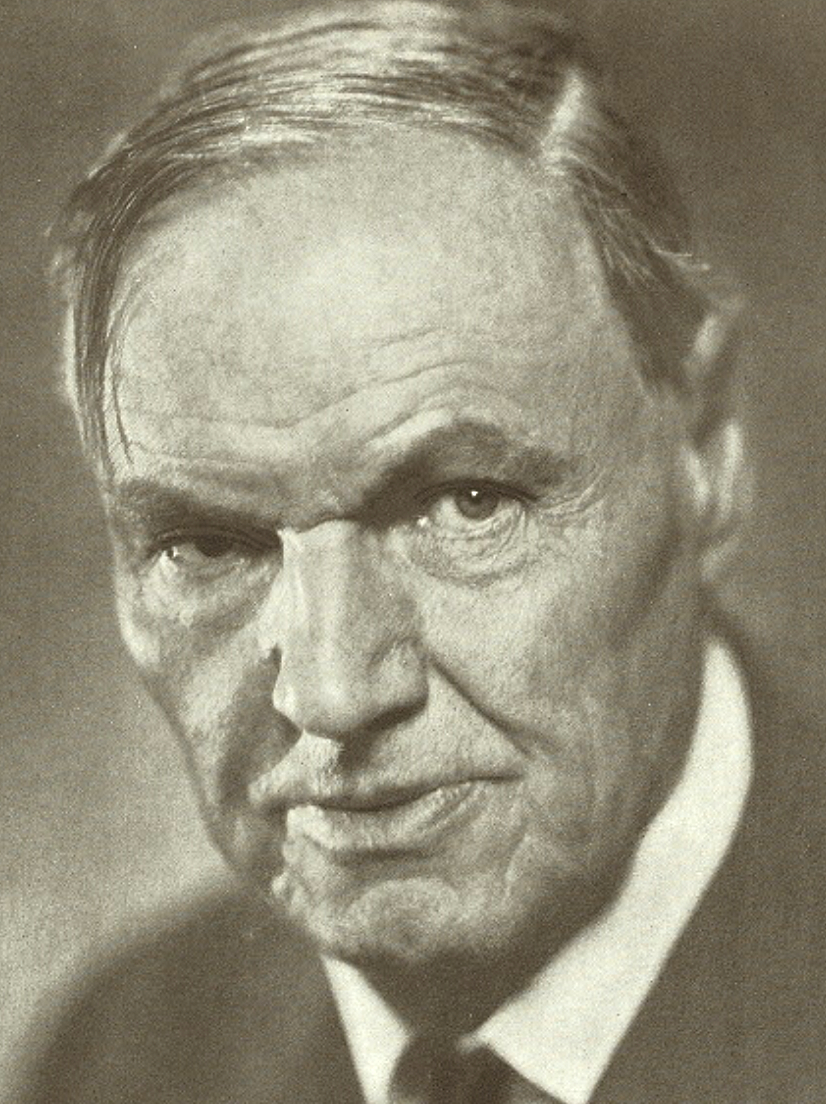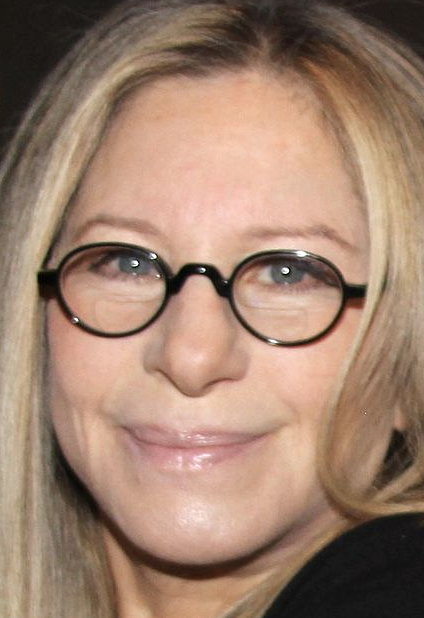April 24
Clarence Darrow (Quote)

“If today you can take a thing like evolution and make it a crime to teach it in the public school, tomorrow you can make it a crime to teach it in the private schools, and the next year you can make it a crime to teach it to the hustings or in the church. At the next session you may ban books and the newspapers. Soon you may set Catholic against Protestant and Protestant against Protestant, and try to foist your own religion upon the minds of men. If you can do one you can do the other. Ignorance and fanaticism is ever busy and needs feeding. Always it is feeding and gloating for more. Today it is the public school teachers, tomorrow the private. The next day the preachers and the lectures, the magazines, the books, the newspapers. After a while, your honor, it is the setting of man against man and creed against creed until with flying banners and beating drums we are marching backward to the glorious ages of the sixteenth century when bigots lighted fagots to burn the men who dared to bring any intelligence and enlightenment and culture to the human mind.”
— Darrow, Scopes trial courtroom remarks (July 13, 1925)
Barbra Streisand

On this date in 1942, Barbara Joan “Barbra” Streisand was born in Brooklyn, N.Y., to Diana (née Ida Rosen) and Emanuel Streisand. Her Jewish grandparents emigrated from Galicia (Poland/Ukraine) and Russia. Her mother was a secretary at the school where her father taught. He died after an epileptic seizure when Barbara was 15 months old, resulting in long-term financial struggles for the family.
After first enrolling in an Orthodox yeshiva as a 5-year-old, Streisand attended public schools and graduated at age 16 from Erasmus Hall High School, where she was a classmate of Neil Diamond, who would also gain fame as a singer. Living on her own after graduation, and with theatrical aspirations, Streisand worked to support herself. She won a talent contest by singing two songs at a gay club in Greenwich Village. During this time, in her late teens, she dealt with her dislike of her given name by changing the spelling slightly.
Barbra’s memorable mezzo-soprano started getting more attention and she signed a contract with Columbia Records in 1962. Her 1963 debut album won three Grammys. It was the start of something big — what her personal website notes as her career as an actress, singer, director, writer, composer, producer, designer, author, photographer and activist. (She might have included philanthropist, given the multiple millions she and her foundation have raised for charities and causes she supports.)
She married actor Elliott Gould in 1963. They met during a Broadway production of “I Can Get It for You Wholesale” (her first Tony nomination). Their son Jason, her only child, was born three years later. They divorced in 1971. Not until 1998 would she wed again, to actor James Brolin. (They were still together as of this writing in 2022.) Between marriages, she dated or had romantic relationships with more than a few high-profile men.
Adept at and comfortable performing onstage, on television and in movies, Streisand is the only artist ever to receive Oscar, Tony, Emmy, Grammy, Directors Guild of America, Golden Globe and Peabody awards, as well as France’s Légion d’Honneur and the American Film Institute’s Lifetime Achievement Award.
She won Oscars for Best Actress (“Funny Girl” in 1969) and Best Original Song (for her composition of “Evergreen” from “A Star Is Born” in 1976). She was also nominated for Best Actress for “The Way We Were” (1973). The three films she directed and produced (“Yentl,” “The Prince of Tides,” “The Mirror Has Two Faces”) received 14 Oscar and 13 Golden Globe nominations. Her recordings have earned 10 Grammys.
Streisand is the only artist or group to achieve No. 1 albums in six consecutive decades and has a total of 11. Her first chart-topper was “People” in October 1964; the most recent in 2016 was “Encore: Movie Partners Sing Broadway.” According to Billboard Magazine, she’s the best-selling female recording artist in history.
In a February 1984 interview with Playgirl magazine, she said that “Yentl” wasn’t the result of her becoming a “born-again” Jew, that she wasn’t religious and “[I] don’t go to shul on the Sabbath.” Rumors of her conversion to Orthodox Judaism came during intensive research for “Yentl,” she said. “I talked to all the rabbis I could talk to, searching for different points of view from the Reform, Conservative and Orthodox rabbis. I was appreciating the good aspects of the religion as well as the negative ones. It’s a complex thing. For instance, it’s men through the centuries who have found a way to use [Jewish] law to enslave women.”
PHOTO: Streisand at the 2013 Clinton “Health Matters” Conference in La Quinta, Calif.; photo by lifescript under CC 2.0.
“I’m a Jewess through and through, although I’m not religious. I don’t do anything intentionally to hurt anyone. I feel like I’m a good person. And that feels very Jewish to me.”
— Interview, Esquire magazine (October 1982)
